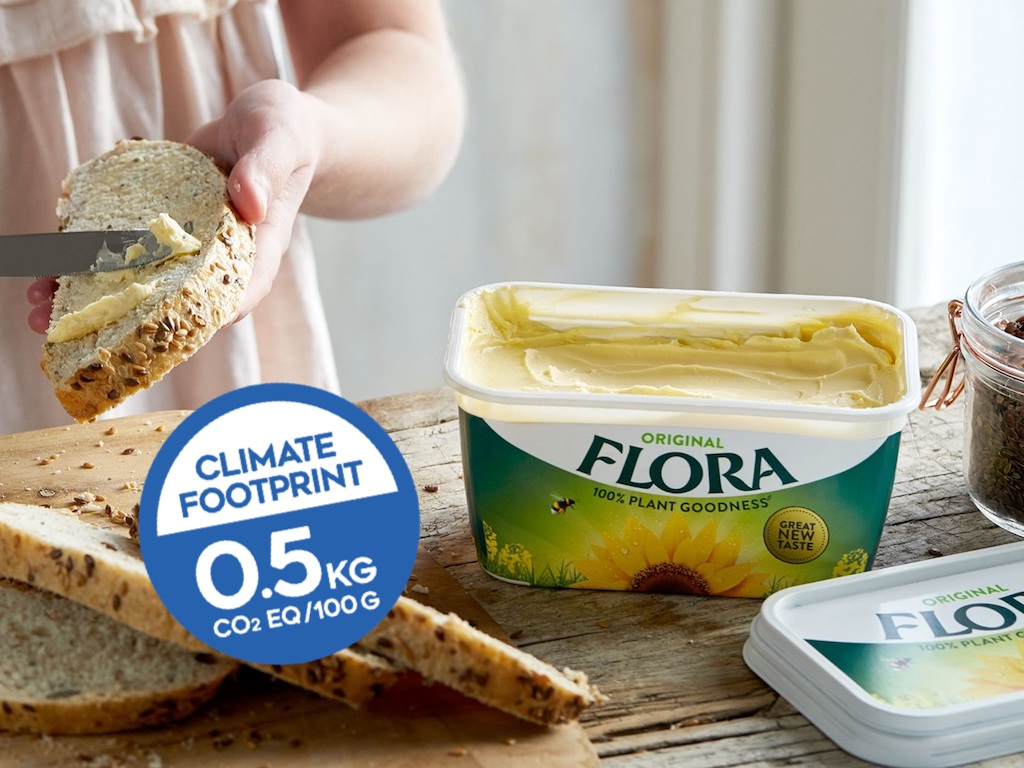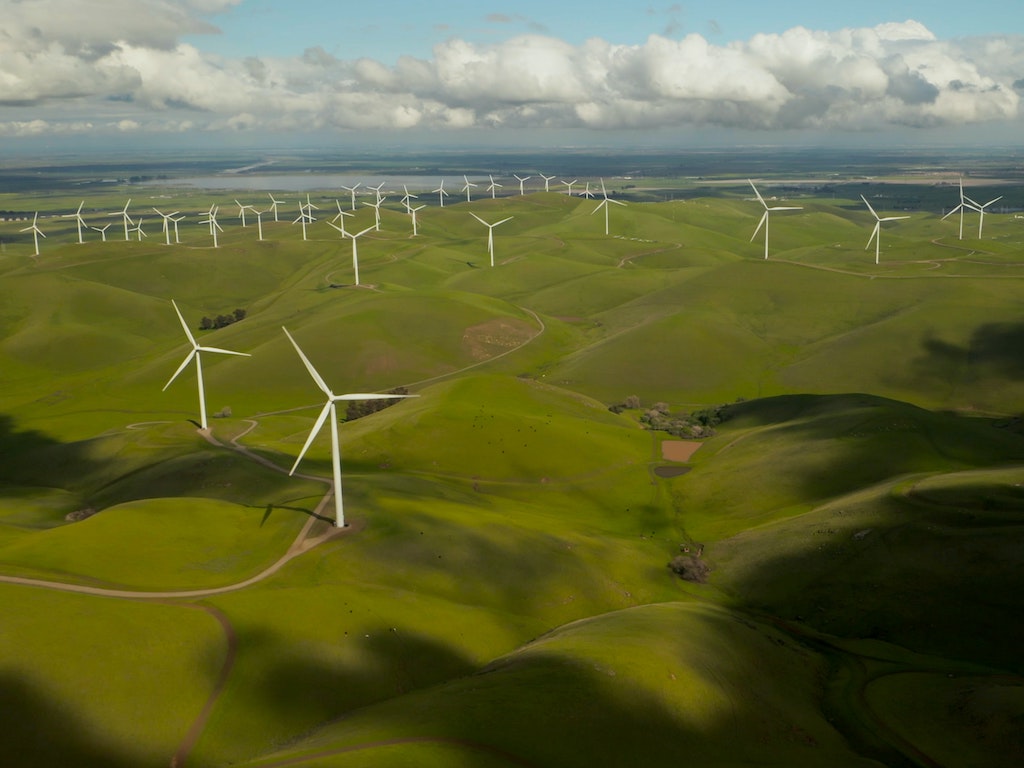5 Mins Read
It’s clear that the Covid-19 pandemic has shifted the global focus towards sustainability. Realising the link between human and planetary health and the urgent need to prevent the rise of future zoonotic pandemics, the world has renewed its attention on preserving, protecting and conserving nature, wildlife and biodiversity and to combat climate change. While much more remains to be done, 2020 has seen major steps forward in the realm of sustainability and climate action. We take a look at the ten of the most important environmental headlines that happened this year.
1. 200 global firms pledge net-zero emissions by 2050
As corporations come under greater pressure from consumers to clean up their act, 200 of the biggest companies who are members of the World Business Council for Sustainable Development (WBCSD), among them oil giants like Chevron, Equinor and Shell, have now committed themselves to new rules. These include reaching net-zero emissions by no later than 2050, and setting goals to contribute to nature and biodiversity recovery.
2. The U.S. will rejoin the Paris agreement
Global efforts on climate change were dealt a huge blow when the world’s biggest economy, the U.S., officially left the Paris accord just a day after the election, thanks to outgoing president Donald Trump. But with president-elect Joe Biden to take the stage next year, the climate agenda will be back on the table, starting off with rejoining the Paris agreement on the first day of his presidency. Within the next 100 days, Biden says that the U.S. will also host a climate summit alongside major nations to discuss how to combat the biggest planetary threat we are facing today.
3. U.N. experts urges world to end intensive animal farming & deforestation
In order to prevent entering into an “era of pandemics” where emerging zoonotic diseases will spread more rapidly and frequently, the world’s leading academics and experts have expressed in a science-backed U.N. report that we must take action now to end deforestation, intensive animal agriculture and the wildlife trade.
4. Scientists say that plant-based shift must happen to achieve Paris climate goals

A landmark study involving leading researchers and institutions around the world revealed that without drastic changes to our global food system, the climate goals outlined in the Paris agreement will remain “out of reach” – even if fossil fuels were to end immediately. Specifically, the researchers say that the world must make a drastic shift towards plant-based diets in order to slash our carbon footprint to levels necessary to prevent disastrous global heating.
5. China hops on board with carbon neutral ambitions by 2060
President Xi Jinping made a surprise announcement during a U.N. conference that China will drastically slash emissions and reach net-zero by 2060. As the world’s biggest polluting nation, the country’s renewed commitment to reducing its carbon footprint could have a significant impact on limiting global temperature rise, and could even spur other states to make bolder climate ambitions.
6. Industry giants Unilever & Upfield both take on carbon labelling

The year of 2020 saw a major step-up in sustainability actions from corporations, notably with two consumer goods and food companies deciding to add carbon labelling to its products. While Upfield – the parent company of Flora, Proactiv and Becel – has set its target on adding carbon labels to 100 million products, Anglo-Dutch group Unilever says it will show carbon data on every single one of its entire portfolio of 70,000 products, from personal care to household cleaning.
7. Global banks & investors agree to align their business strategies with SDGs
After a meeting with the U.N. chief Antonio Guterres, members of the Global Investors for Sustainable Development Alliance (GISD), who together control assets worth US$16 trillion, agreed this year to accelerate global sustainable investment by putting their strategies in line with the Sustainable Development Goals (SDGs). Some of the biggest names in the industry were included in the list of pledgers, including the Bank of America, Standard Chartered, UBS Group, Citigroup and Allianz SE.
8. Humanity’s ecological footprint did contract this year, but only at the cost of Covid-19
A report released by the Global Footprint Network this year showed that there was a slight contraction in humanity’s ecological footprint, thanks to the global standstill as a result of the pandemic, but experts cautioned against overoptimism. According to the data, the world has still essentially “not moved the date” in terms of the carbon reduction and environmental protection necessary to save the planet. At our current rate, humanity is still shockingly depleting nature 1.6 times faster than our Earth’s ecosystems can regenerate.
9. Researchers point to rich “super emitters” as the culprits behind aviation footprint
Frequent-flying elites representing only 1% of the global population are accountable for half of the aviation industry’s carbon emissions, a study this year showed. The shocking statistic was published in a paper that represented the most comprehensive look into the impact of frequent flyers to date, and shines the spotlight on the enormous impact the world’s richest individuals are having on fuelling the climate crisis.
10. ESG investment is taking over the global finance industry
In the wake of the coronavirus pandemic, which has shown the superior risk-adjusted returns of sustainable investments. global investors are now far more motivated to adopt environmental, social and governance (ESG) investment criteria. A report this year showed that now, a whopping 90% of global public investors have specific ESG-related policies in place.
Lead image courtesy of Unsplash.




